Professor Gabriel Leon-Ablan
Professor of Political Economy
Biography
Gabriel Leon-Ablan is a Professor in the Department of Political Economy. His research focuses on social unrest (including riots and protests), slavery and historical political economy. He is on the editorial board of the Journal of Peace Research. Gabriel was awarded a Leverhulme Research Fellowship in 2024-25.
Before joining King’s, Gabriel was the Bevil Mabey Fellow in Economics at St Catharine’s College, University of Cambridge. He studied applied mathematics at Harvard (BA) and economics at Oxford (DPhil/PhD). Before his PhD, he worked as an associate consultant in the NYC offices of Bain & Company.
Click here to view Professor Leon-Ablan's website.
Research
- Social unrest
- Riots and protests
- Social order
- Historical political economy
- Slavery
Gabriel's research focuses on social unrest (including riots and protests), social order and historical political economy. He has worked on a number of topics, including the diffusion of violence, the causes and consequences of riots, the causes of coups d'etat, and English political development.
Office hours
Book time with Gabriel Leon-Ablan
Teaching
- Empirical Political Economy (6SSPP349)
- Advanced Topics in Economic History (6SSPP363)
- Issues in Economic History (7SSPP114)
PhD Supervision
Gabriel welcomes applications from potential students interested in social unrest (including riots and protests), social order and historical political economy.
Research

Political Economy of Peace and Conflict
The Political Economy of Peace and Security research group analyses a wide range of conflicts, conflict resolution and institutional design for positive peace.

Quantitative Political Economy Research Group
The Quantitative Political Economy research group gathers economists and political scientists that are committed to bridging the two disciplines. The common ground is the study politics and policies with advanced quantitative methods and formal modeling.

Comparative Politics Research Group
The Comparative Politics research group hosts a research agenda based on political institutions, representation and regimes.
Latin American Security Research Group
The Latin American Security Research Group (LAS) gathers experts working on international relations, defence and security in Latin America.
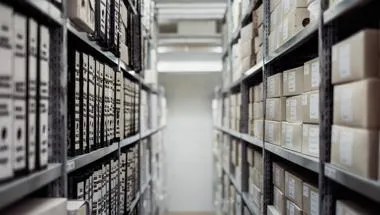
Historical Political Economy Research Group
The Historical Political Economy Research Group at King's College London
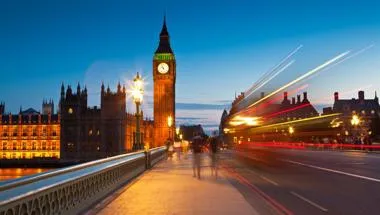
Centre for British Democracy
The Centre for British Democracy is interested in the study of government and politics in the United Kingdom from an historical, political science, political theory and constitutional perspective.
News
Grant will fund project that takes fresh look at abolitionist movement
A King’s academic has been awarded a Leverhulme Fellowship in support of a new project that will bring a fresh perspective to the abolitionist movement.

Gentrification had 'significant effect' on people's decision to join London riots
The process of gentrification in London likely reduced participation in the riots that swept the city in 2011, according to a new study.
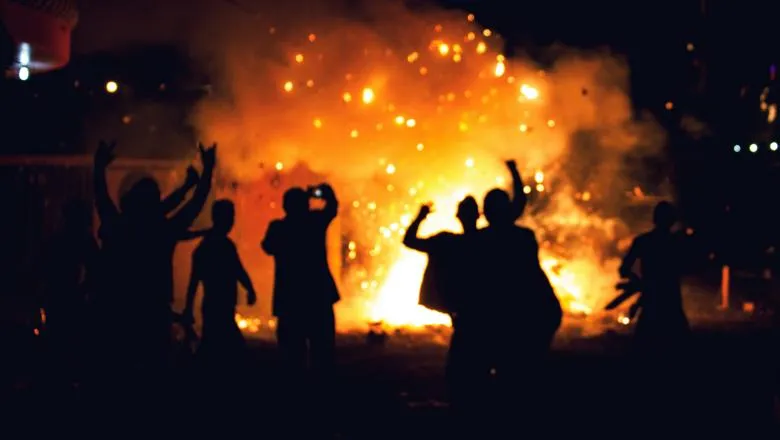
New research reveals impact of rioting at the ballot box
Rioting and civil unrest can generate support at the ballot box by highlighting a perceived injustice to people who may otherwise have been unaware.

Personal and trade networks key in spread of unrest during English Swing riots
The diffusion of information through personal and trade networks were key factors driving the spread of unrest during one of the largest riots in British...
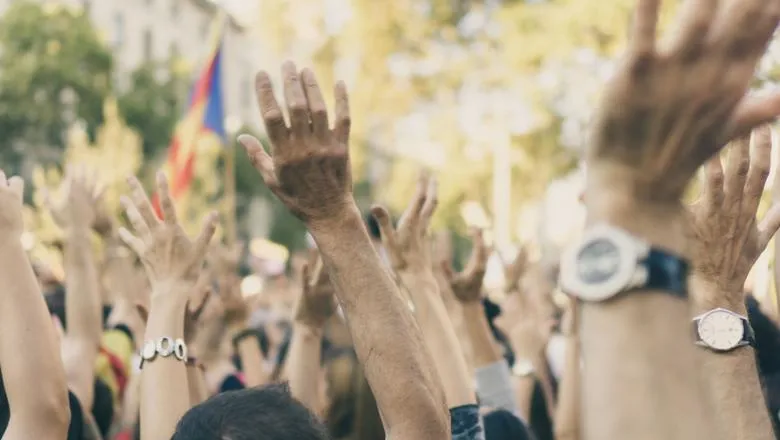
Visit from King's team helps build on academic partnership
A special collaboration between King’s College London and a university in Egypt was celebrated during a visit by a team of academics.
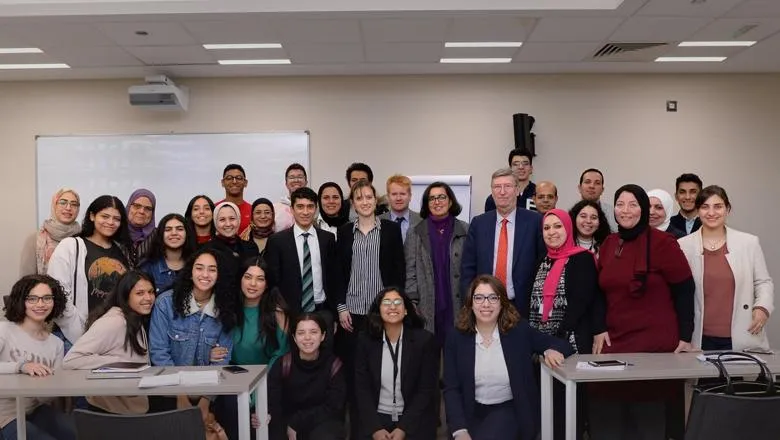
Research

Political Economy of Peace and Conflict
The Political Economy of Peace and Security research group analyses a wide range of conflicts, conflict resolution and institutional design for positive peace.

Quantitative Political Economy Research Group
The Quantitative Political Economy research group gathers economists and political scientists that are committed to bridging the two disciplines. The common ground is the study politics and policies with advanced quantitative methods and formal modeling.

Comparative Politics Research Group
The Comparative Politics research group hosts a research agenda based on political institutions, representation and regimes.
Latin American Security Research Group
The Latin American Security Research Group (LAS) gathers experts working on international relations, defence and security in Latin America.

Historical Political Economy Research Group
The Historical Political Economy Research Group at King's College London

Centre for British Democracy
The Centre for British Democracy is interested in the study of government and politics in the United Kingdom from an historical, political science, political theory and constitutional perspective.
News
Grant will fund project that takes fresh look at abolitionist movement
A King’s academic has been awarded a Leverhulme Fellowship in support of a new project that will bring a fresh perspective to the abolitionist movement.

Gentrification had 'significant effect' on people's decision to join London riots
The process of gentrification in London likely reduced participation in the riots that swept the city in 2011, according to a new study.

New research reveals impact of rioting at the ballot box
Rioting and civil unrest can generate support at the ballot box by highlighting a perceived injustice to people who may otherwise have been unaware.

Personal and trade networks key in spread of unrest during English Swing riots
The diffusion of information through personal and trade networks were key factors driving the spread of unrest during one of the largest riots in British...

Visit from King's team helps build on academic partnership
A special collaboration between King’s College London and a university in Egypt was celebrated during a visit by a team of academics.

